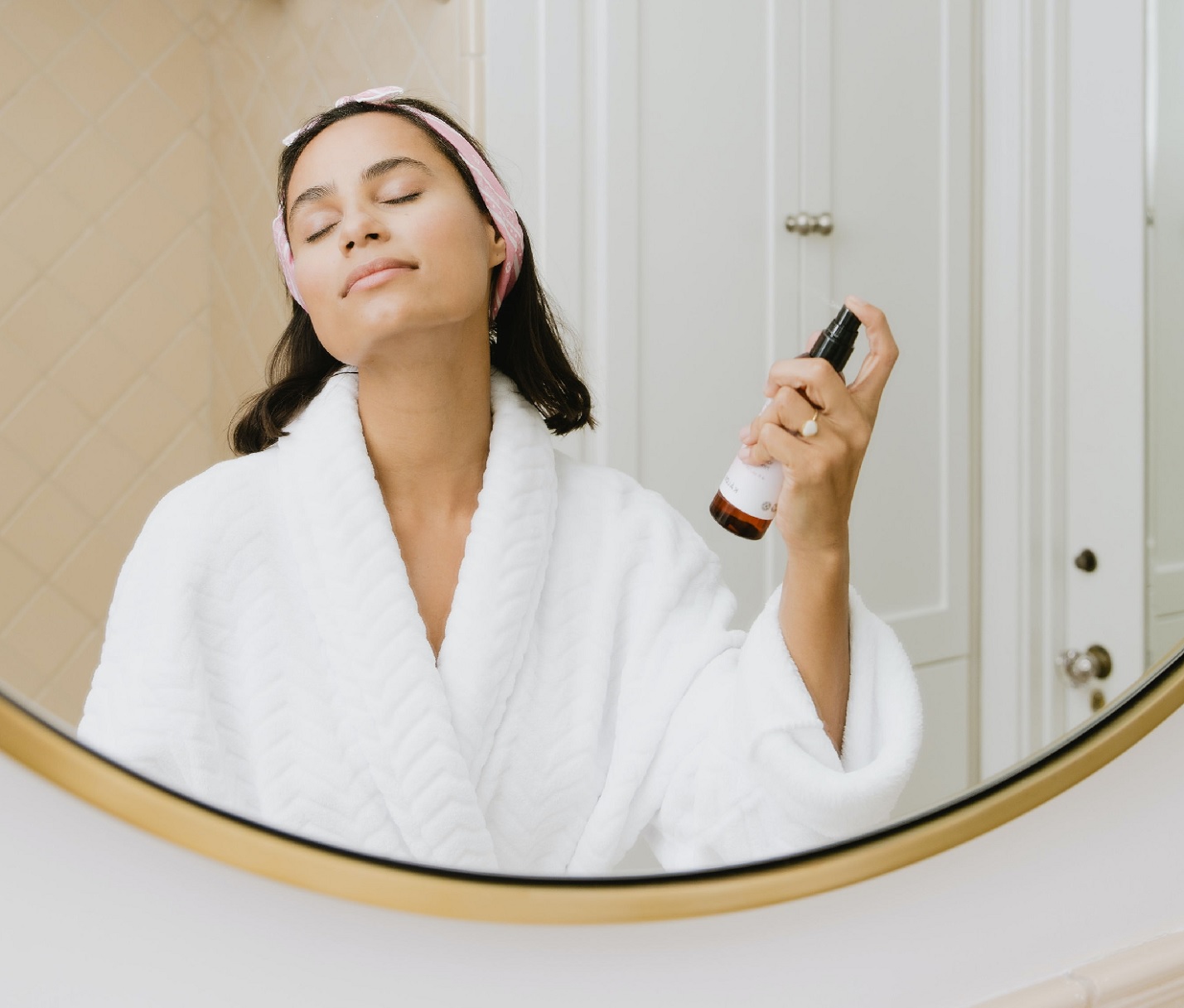Perfumes have been with us for more than 4 000 years [1] and have a solid societal role – they make us smell good! We often think that fragrance in our cosmetics is an ingredient JUST for that and we, therefore, disregard it. But unfortunately if that was the case, I wouldn’t be writing this article and you wouldn’t be here reading it. The term fragrance can actually cover more than 3 600 substances [2] and it’s not just something that is making our products and us smell good. It has, nowadays, actually a much bigger role, it covers the trade secret of the product… Trade secret? What are you talking about?

Picture source: unsplash.com
Yes, companies are trying to protect their products, so that it is impossible for us consumers or company competitors to reproduce it. This is why they are adding some ingredients under the trade secret and not telling us what they are. On one hand, it is protecting the company, but on the other hand, we as consumers have no idea what is actually in our product hiding under the name “fragrance”. Hmm… a little selfish don’t you think? I was always under the misconception that customers come first.
AND as you may have already guessed, sometimes “fragrance” can actually be some pretty nasty and harmful stuff, like phthalates or BHT for example, which we also look at in more detail. Don’t worry, I’ll make sure you leave with all the necessary information. ![]()
Another problem with fragrances is that we are not just putting it in on our skin but we are breathing it in, as well – at the end that is the whole purpose of fragrance – to make us “smell good”. Unfortunately, quite a few people have allergic reactions or are sensitive to this “smell”. This allergic reaction or sensitivity can be visible on the skin, but it can also appear in forms of migraines, headaches, nausea, breathing problems, asthma and anxiety. Yikes! The number of people reporting fragrance sensitivity varies in research but according to one study done in four countries – the United States (US), Australia (AU), Sweden (SE), and the United Kingdom (UK) the number can be as high as 32.2% of the population [3]!

Picture source: unsplash.com
This was also one of the main reasons why more companies now create products without the use of fragrance. Ah there we go! Customers first!
I can bet you, if you have a skin reaction or sensitivity, one of the first things your dermatologist will advise you is to avoid parfumated products.
If you are one of the persons who is trying to use their car less to decrease air pollution, here is a statement that might shock you: “perfume is now a worse air pollutant than your car” [4]. It sounds a bit exaggerated, I agree, but a recent study has shown that due to new regulations and reduction activities transportation emissions in the United States and Europe have declined rapidly. For this reason, another polluter has made it to the top in industrialized cities- pesticides, coatings, printing inks, adhesives, cleaning agents, and our parfumated beauty care [5].
Fact sheet on fragrances
What is it:
- A chemical mix that gives each perfume its distinct scent.
- The International Fragrance Association (IFRA), which is the global representative body of the fragrance industry, currently registers 3,619 fragrance ingredients.
Where can we find it:
- Found in most personal care products but also sanitary products and cleaning products.
Health effect:
- Allergic skin reactions or sensitivities.
- Some of the chemicals have been linked to health effects including cancer, reproductive toxicity, allergies and sensitivities.
Effect environment:
- Fragrance releases many nasty substances into the air and is becoming a considerable air pollutant.
GS tip: If you think you might have a higher sensitivity to fragrances, try avoiding them as much as possible. It is a food for thought that things around us are overparfumated. We scent our clothing when we wash, almost all hygienic and cosmetic products are scented, so we put on a scented shampoo, scented cream, scented deodorants and then often still a perfume! And unfortunately, the most vulnerable – children, are no exception. How this can affect our dearest babies you can read in this article.
Sources
[1] https://www.mcgill.ca/oss/article/history/story-perfume
[2] https://ifrafragrance.org/priorities/ingredients/ifra-transparency-list
[3] https://link.springer.com/article/10.1007/s11869-019-00672-1
[5] https://www.science.org/doi/10.1126/science.aaq0524
Fact sheet sources
https://www.safecosmetics.org/get-the-facts/chemicals-of-concern/fragrance/


0 Comments